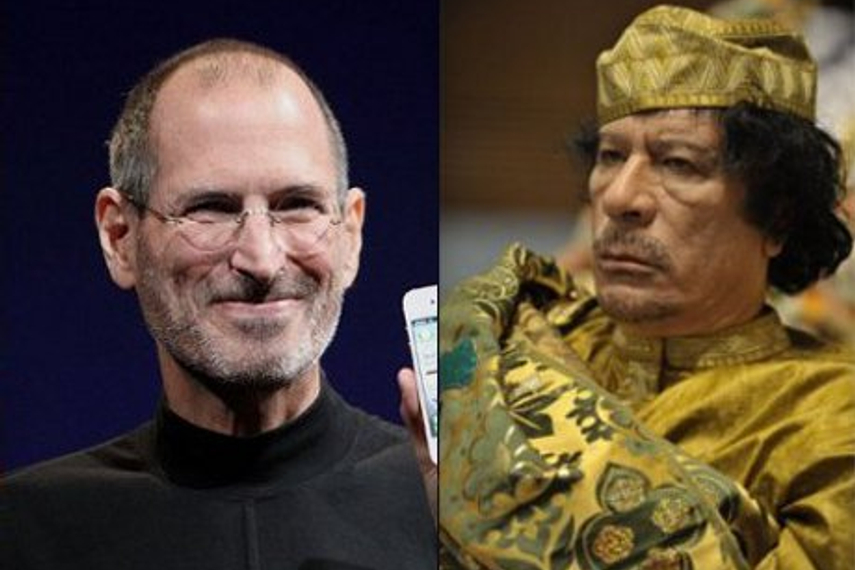
Please sign in or register
Existing users sign in here
Having trouble signing in?
Contact Customer Support at
[email protected]
or call+91 022 69047500
An analysis of special reports aired by news channels on Steve Jobs, Muammar Gaddafi and Jagjit Singh reveal audience preferences

Contact Customer Support at
[email protected]
or call+91 022 69047500
Top news, insights and analysis every weekday
Sign up for Campaign Bulletins
The loss was fuelled by $203 million in costs for 'strategic restructuring actions'.
Spikes Asia 2025 concluded tonight in Singapore with Ogilvy named Network of the Year, Colenso BBDO Auckland and EssenceMediacom taking home top honours, and Kazakhstan joining the winners’ circle for the first time.
This investment in the AI-led platform will support Havas Health Network, boost Havas Creative and Media Networks, and refine the agency's media precision.
As technology races ahead, a new kind of consumer is emerging—one who wants smart solutions powered by AI, but also the grounding comfort of rituals, nostalgia and analogue charm, observes FCB Interface's Noor Samra.